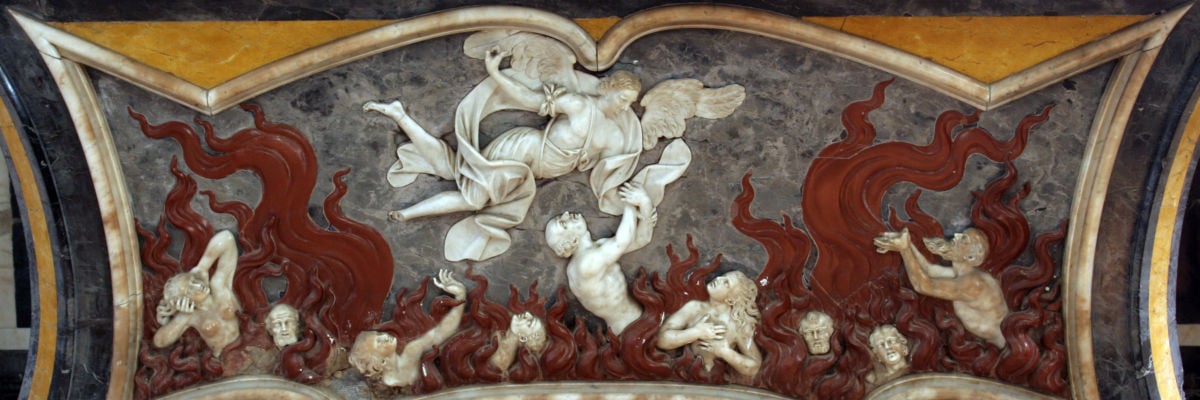
Question:
Answer:
In short, one must distinguish between initial and ongoing justification.
In initial justification at baptism, the believer is forgiven of all theirs sin, remitted all temporal punishment due those sins, and is inwardly transformed by the indwelling of the Holy Trinity.
However, unless they die right after Baptism, that’s not the end of their walk with the Lord. They are called to grow in their holiness through the process of ongoing justification, and their bad choices can pull them away from God and his Church from one extent to another. If they subsequently die and have unforgiven venial sins and temporal punishment due their sins in general, e.g., being attached to sinful behavior despite having been forgiven or related transgressions, they will need the purification of Purgatory (CCC 1472). In this light, Purgatory fosters holiness through our postmortem purification.
For more on the distinctions between justification, good works and Purgatory, please read this article by Tim Staple and also this one, plus our two tracts on Purgatory and also our two tracts on indulgences.



